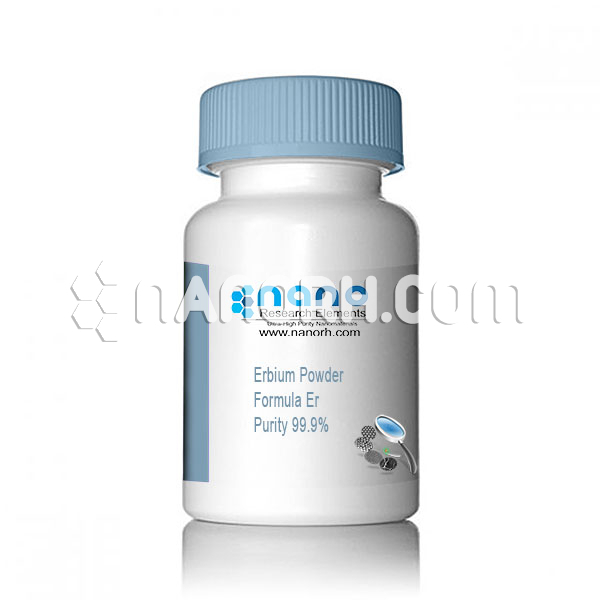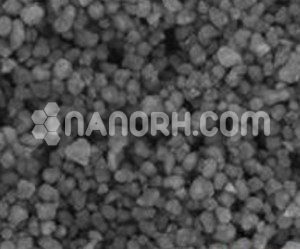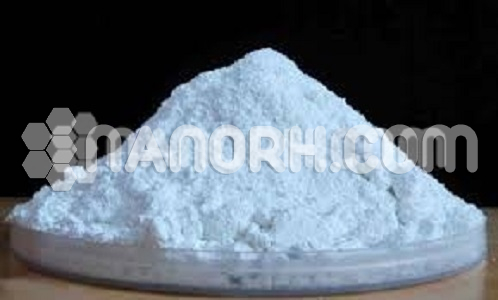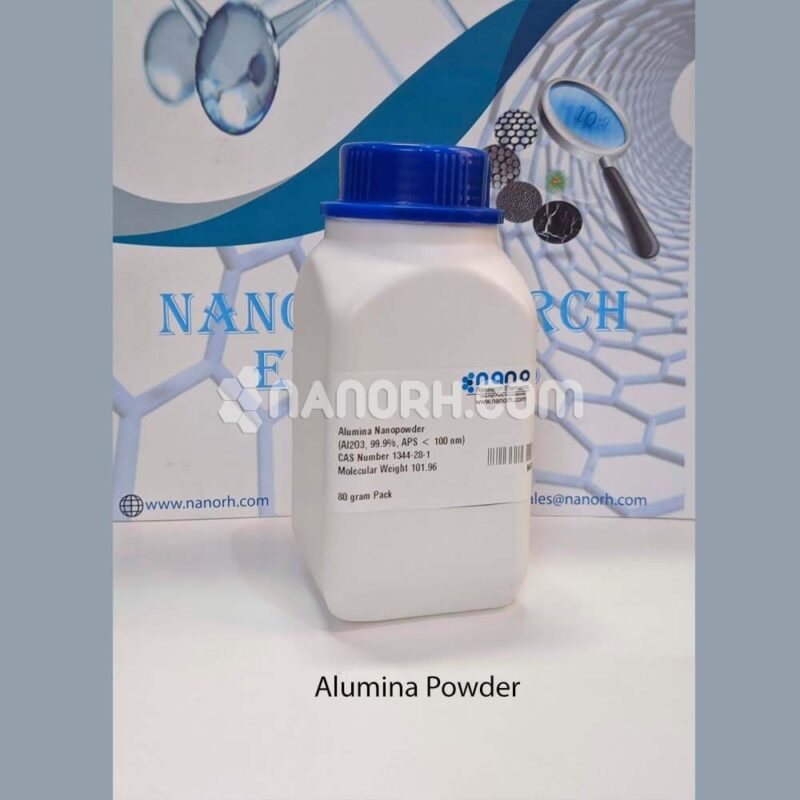| Erbium Powder | |
| Product Number | NRE-8015 |
| CAS No. | 7440-52-0 |
| Formula | Er |
| Molecular Weight | 167.25 g/mol |
| APS | <40 µm (Can be Customized) |
| Purity | 99.9% |
| Color | Light Pink |
| Density | 9.066 g/cm3 |
| Melting Point | 1,529 °C |
| Boiling Point | 2,868 °C |
Erbium Powder
Erbium is a chemical element with the symbol Er and atomic number 68. It is a rare earth element that has a variety of applications in different fields. Erbium powder, like other forms of erbium, is used in several applications, primarily due to its unique optical and magnetic properties. Here are some of the notable applications of erbium powder:
Fiber Optic Communications:
Erbium-doped fiber amplifiers (EDFAs) are crucial components in optical fiber communication systems. When erbium ions are doped into the core of optical fibers, they can amplify optical signals in the 1.55-micrometer wavelength range, which is commonly used in long-distance telecommunications. This amplification process is essential for transmitting data over long distances in optical communication networks.
Lasers:
Erbium-doped lasers are used in various applications, including medical, scientific, and industrial fields. Erbium lasers emit light in the infrared region, making them suitable for medical procedures like laser surgery and dermatology treatments, as well as material processing and spectroscopy.
Optical Amplifiers:
Erbium-doped materials can be used as optical amplifiers in a range of optical systems, including spectrometers, lidar systems, and remote sensing equipment. They enhance the intensity of optical signals without converting them to electronic signals.
Erbium-doped Crystals:
Erbium-doped crystals, such as yttrium aluminum garnet (YAG) doped with erbium, are used as gain media in solid-state lasers. These lasers find applications in research, material processing, and telecommunications.
Erbium Magnets:
Erbium has unique magnetic properties, and erbium-based magnetic materials are used in the research and development of new magnetic materials. These materials can find applications in magnetic data storage and sensors.
Nuclear Reactors:
Erbium can be used as a control rod material in some nuclear reactors. It has the ability to absorb neutrons, which can help regulate the nuclear reaction.
Phosphors:
Erbium-doped phosphors are used in the production of cathode ray tubes (CRTs) and fluorescent lamps, where they can produce red and green light emissions.
Optical Filters:
Erbium-doped optical filters can be used in various optical devices, including wavelength-selective filters for telecommunications and optical signal processing.
Medical Imaging:
Erbium is used as a contrast agent in magnetic resonance imaging (MRI) and can enhance the visibility of certain tissues and organs in the body.
Nuclear Medicine:
Erbium-169, a radioactive isotope of erbium, is used in brachytherapy, a medical treatment involving the placement of radioactive sources directly into or near the tumor to treat cancer.




